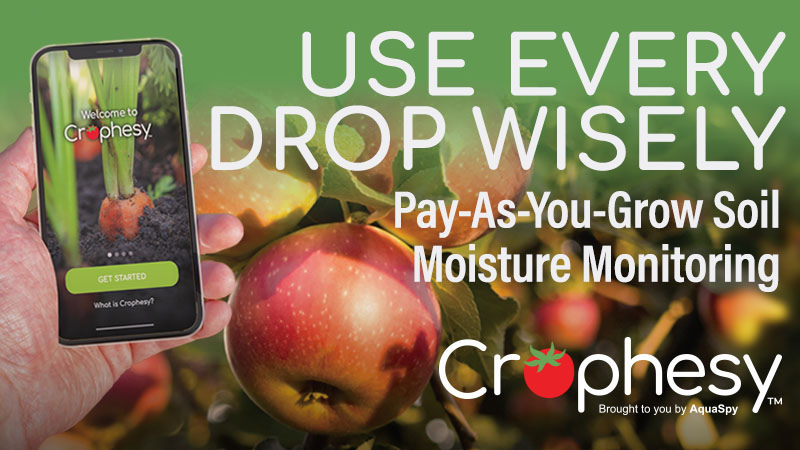Opinion: Cider Pasteurization A Tricky Issue
Mandatory apple cider pasteurization continues to be a hot-button issue among growers and researchers throughout the country, as evidenced by the feedback we received from our July article, “The Great Debate.” In the article, we asked growers and researchers on both sides of the debate to present their positions on whether pasteurization should be mandatory or voluntary, and both sides made some very good points.
Where the two sides split, it seems, is in requiring producers of all sizes to adopt a Hazard Analysis of Critical Control Points (HACCP) plan for use throughout all stages of production and processing. For example, whereas small producers in New York are not required to implement HACCP until their product is wholesaled, all cider makers in the state must either pasteurize their products or treat them with ultraviolet light. Large cider producers may treat cider for producers who cannot afford pasteurization equipment; yet therein lies a large liability.
Without stringent Good Management Practices such as those outlined by the Michigan Cider Safety Taskforce (see “Pasteurization Is ‘No Silver Bullet,’ page 12, AFG March 2007), pasteurization alone cannot cancel out bad production decisions. Cider producers of all sizes, whether they pasteurize or not, must be diligent in all stages of production to ensure the best quality tree apples are used and highest protocols of food safety are enforced. This should include adopting and following a HACCP plan.
What Is HACCP?
According to FDA, HACCP is a science-based system designed to prevent, reduce, or eliminate hazards in food products through appropriate controls during production and processing. Key components of the system include:
- Identifying potential problems that could cause food to be unsafe;
- Establishing and monitoring targeted control points to minimize such problems; and
- Documenting the results.
These measures, in addition to annual inspections by each state’s department of agriculture or another third-party regulatory organization, will go a long way to minimize the risk of foodborne illness in cider production and processing. If pasteurization or ultraviolet treatment is the next step, it should be used as a final precaution, rather than a catch-all.
To view FDA’s HACCP Guide for Juice, visit www.cfsan.fda.gov/~comm/haccpjui.html
Readers Speak Out
Meanwhile, readers of the July article voiced their opinions on mandatory cider pasteurization, with the majority not in favor. Here are some of their comments:
“Cider pasteurization is totally unnecessary. Cleanliness is the main ingredient for safe cider. Sound apples need to be used and most farmers are very careful. We need to keep our markets open for our product; many consumers prefer untreated cider. We shouldn’t let the fear of lawyers and liability destroy our livelihood. Let the people choose if they want raw or pasteurized.” — Walt Skibbe, Eau Claire, MI
“I have a small, multi-variety apple orchard. A very significant amount of my income comes from cider. Every apple that goes into my cider is washed and inspected that same day; no apples with rot get into the cider. My equipment is all stainless steel or plastic. The vast majority of customers are delighted that I don’t pasteurize. If I were forced to pasteurize, I probably could not survive as a business.” — Gene Wild, Central Indiana,










